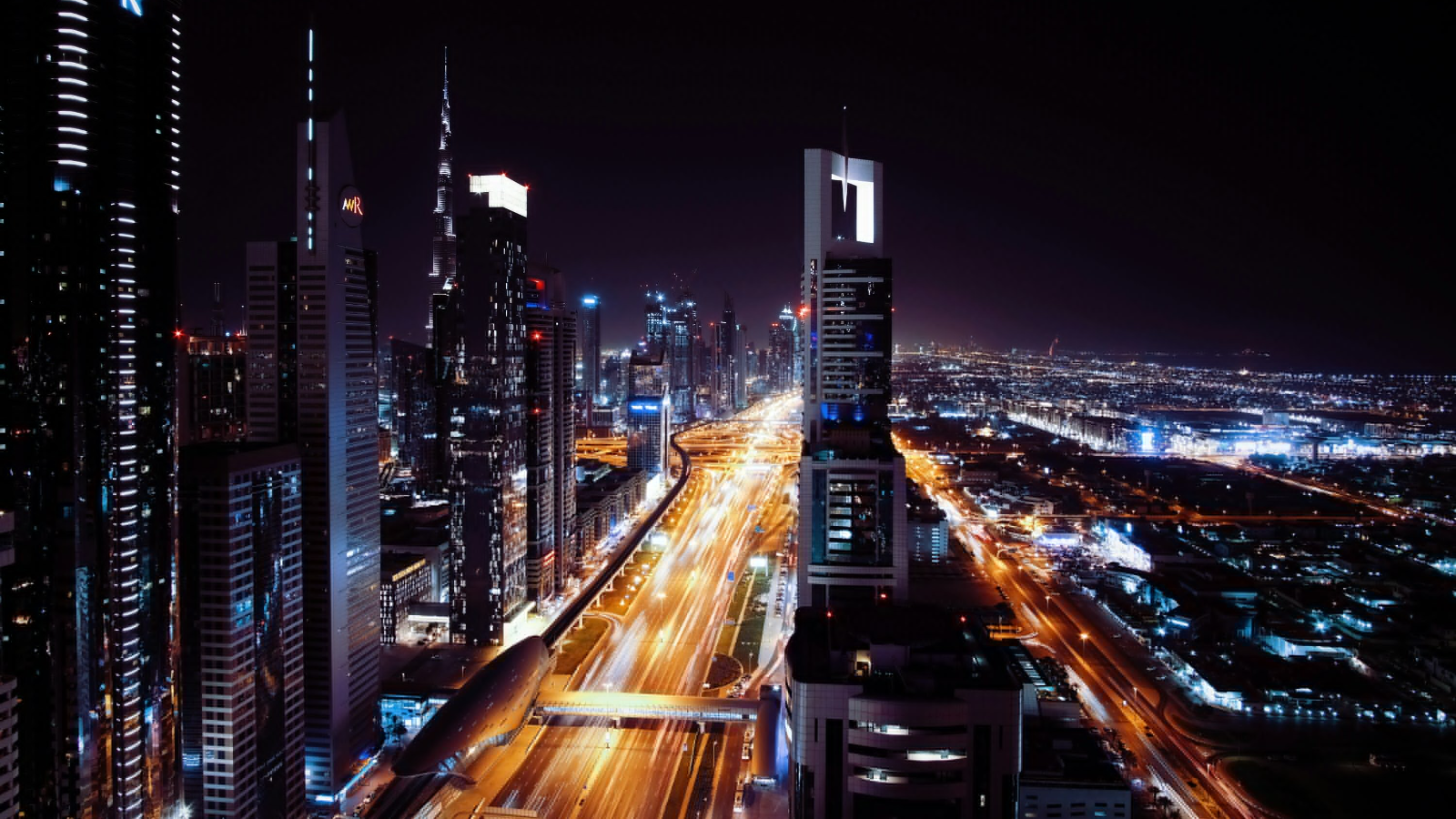In this Article
Introduction
As urban populations continue to grow, the need for smarter, more efficient cities becomes increasingly urgent. Smart city technologies are at the forefront of this transformation, offering innovative solutions to the challenges of urban living. In 2024, several cities around the world are leading the way with groundbreaking smart city technologies. This article will explore the top 7 smart city technology examples, highlighting their impact on urban development and the benefits they offer to residents and municipalities alike.
Smart City Technology Examples
1. Barcelona’s Smart Parking System
Barcelona has implemented a cutting-edge smart parking system that reduces traffic congestion and improves the parking experience for drivers. This system includes:
- IoT Sensors: Sensors embedded in parking spaces detect whether they are occupied or vacant and relay this information to a central system.
- Mobile App Integration: Drivers can use a mobile app to locate available parking spaces in real time, reducing the time spent searching for parking.
- Dynamic Pricing: The system uses dynamic pricing to manage demand, adjusting parking fees based on real-time occupancy levels.
2. Singapore’s Smart Nation Initiative
Singapore’s Smart Nation initiative is a comprehensive effort to leverage technology across various sectors to improve the quality of life for its residents. Key components include:
- Smart Homes: IoT-enabled homes equipped with smart appliances and energy management systems to enhance convenience and reduce energy consumption.
- Autonomous Vehicles: Trials of autonomous buses and taxis aim to provide safer and more efficient transportation options.
- Smart Health: Telemedicine and wearable health devices are integrated into the healthcare system to provide better access to medical services and improve health outcomes.
3. Amsterdam’s Circular Economy
- Urban Mining: They extract valuable materials from electronic waste and construction debris to reuse them in new products.
- Circular Building Design: Builders design buildings with materials that can be easily disassembled and repurposed, thereby reducing construction waste.
- Sharing Platforms: Digital platforms that facilitate the sharing of goods and services, reducing the need for new products and promoting a culture of reuse.
4. Copenhagen’s Climate-Resilient Infrastructure
Copenhagen is investing in climate-resilient infrastructure to address the challenges posed by climate change. Key projects include:
- Green Roofs and Walls: Buildings incorporate green roofs and walls that absorb rainwater, reduce heat, and provide insulation.
- Smart Flood Management: IoT sensors monitor water levels in real-time, activating automated floodgates to prevent flooding in vulnerable areas.
- Urban Green Spaces: Expanding green spaces to improve air quality, reduce urban heat islands, and promote biodiversity.
5. Tokyo’s Smart Energy Management
Tokyo is at the forefront of smart energy management, using advanced technologies to optimize energy consumption and reduce carbon emissions. Key initiatives include:
- Virtual Power Plants (VPP): Aggregating distributed energy resources, such as solar panels and battery storage, to create a virtual power plant that can supply energy to the grid during peak demand.
- Demand Response Programs: Incentivizing residents and businesses to reduce energy consumption during peak periods through real-time pricing and automated energy management systems.
- Energy-Efficient Buildings: Retrofitting buildings with energy-efficient technologies, such as LED lighting and smart HVAC systems, to reduce energy consumption.
6. Toronto’s Quayside Smart Neighborhood
- Smart Mobility: Autonomous shuttles and bike-sharing programs provide convenient and sustainable transportation options.
- Data-Driven Urban Planning: Using data analytics to optimize urban planning and design, ensuring efficient use of space and resources.
- Sustainable Building Materials: Incorporating sustainable and locally sourced materials in construction to reduce the environmental impact.
7. Dubai’s Blockchain-Powered Government Services
Dubai is harnessing the power of blockchain technology to improve the efficiency and transparency of government services. Key applications include:
- Digital Identity: A blockchain-based digital identity system that allows residents to access government services securely and conveniently.
- Smart Contracts: Automating various government processes, such as property transactions and business licensing, using smart contracts to reduce bureaucracy and improve efficiency.
- Data Security: Ensuring the security and integrity of government data by storing it on a decentralized blockchain network.
Conclusion
The top 7 technology examples in 2024 demonstrate the transformative potential of technology in creating more efficient, sustainable, and livable urban environments. From Barcelona’s smart parking system and Singapore’s Smart Nation initiative to Dubai’s blockchain-powered government services, these innovations are reshaping the way cities operate and enhancing the quality of life for residents. Cities embracing these technologies will better address the challenges of urbanization and create a brighter future for all.
How Can We Help?
At AlphaX, we dedicate ourselves to helping cities overcome the challenges of urbanization and realize the full potential of smart city technologies. Our comprehensive ecosystem offers a range of integrated solutions designed to enhance urban infrastructure, improve public services, and promote sustainability. To explore how AlphaX can help your city become smarter and more sustainable, visit our contact page.
References
Related Blog Posts
How Smart Cities Connect: Getting Started with Edge AI and IoT Technology
How to Get Started with Edge AI and IoT Technologies in Smart Cities: Overcoming Integration Challenges In recent years, the concept of smart cities has evolved from a futuristic Read More
5 Step Strategy: Ensuring Security and Privacy in 15-Minute Smart Cities
Introduction Ensuring security and privacy in 15-minute smart cities is a critical challenge as urban areas become increasingly connected through IoT and edge AI technologies. These cities aim to Read More
What is a smart city and the challenge of legacy systems
How to Get Started with Integrating Legacy Systems in Smart Cities Smart cities are transforming urban landscapes by leveraging technology to improve the quality of life for residents. However, Read More




